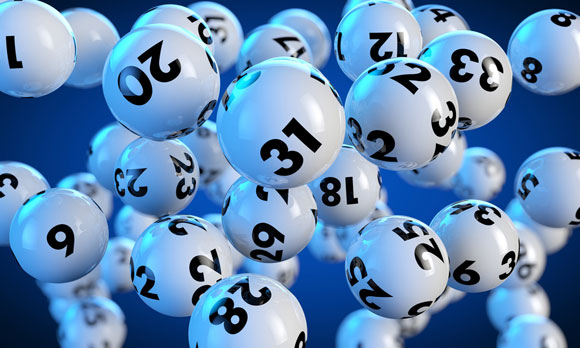The lottery is a fascinating institution that has captivated people’s imaginations for centuries. From the humble beginnings of ancient lotteries to today’s multimillion-dollar jackpots, the lottery represents a unique intersection of chance, hope, and economics bandar toto macau. In this article, we’ll explore the history of lotteries, their psychological appeal, and their impact on society and economies.
Historical Roots and Evolution
The concept of lotteries dates back to ancient civilizations. The Chinese, around 205-187 BC, used a form of lottery to finance major projects, such as the Great Wall of China. Similarly, the Romans had their version of lotteries, often using them as entertainment at their feasts. However, modern lotteries as we know them began to take shape in the 15th and 16th centuries in Europe, where they were used to raise funds for various public purposes, including infrastructure and charitable causes.
In the United States, lotteries became a common method of raising funds in the colonial period. For example, the first American lottery was established in 1612 to fund the Jamestown Colony. Over time, however, lotteries faced opposition due to concerns about gambling and corruption. It wasn’t until the 20th century that lotteries made a significant comeback, with states legalizing them as a source of revenue for public projects and education.
The Psychology of Playing the Lottery
The lottery’s appeal lies in its blend of simplicity and the tantalizing possibility of sudden wealth. The purchase of a lottery ticket requires little more than a small investment, and the potential reward is enormous. This combination of low cost and high reward triggers a psychological phenomenon known as the “lottery effect.”
Players are drawn to the lottery because it offers a dream-like escape from everyday life. The allure of a massive jackpot generates excitement and optimism. Even though the odds of winning are extremely slim, the fantasy of becoming rich overnight is irresistible. This hope, combined with the social aspect of participating in a lottery with friends or family, contributes to its widespread popularity.
Economic Impacts and Controversies
Economically, lotteries have a mixed reputation. On one hand, they provide a significant source of revenue for governments and fund various public services, including education and infrastructure. For instance, in the United States, the majority of lottery revenues are allocated to state programs, with some states dedicating funds specifically to public education.
However, lotteries also face criticism. The regressive nature of lottery spending can disproportionately affect low-income individuals, who spend a higher percentage of their income on tickets compared to wealthier individuals. Critics argue that lotteries exploit the dreams and hopes of those with fewer financial resources, often providing little tangible benefit to them in return.
Additionally, there are concerns about the potential for addiction and the ethical implications of promoting gambling as a means of financial improvement. Some argue that lotteries contribute to gambling problems, leading to detrimental effects on individuals and their families.
The Digital Age and Future of Lotteries
As technology advances, so does the lottery industry. The advent of online lottery platforms has revolutionized the way people participate in lotteries, allowing for a broader and more accessible range of options. Online tickets, mobile apps, and digital scratch-offs are becoming increasingly popular, reflecting a shift towards a more tech-savvy approach to lottery play.
Moreover, some lotteries are exploring innovative formats and integrations with blockchain technology to enhance transparency and security. These advancements promise to address some of the traditional criticisms of lotteries while offering new ways to engage players.
